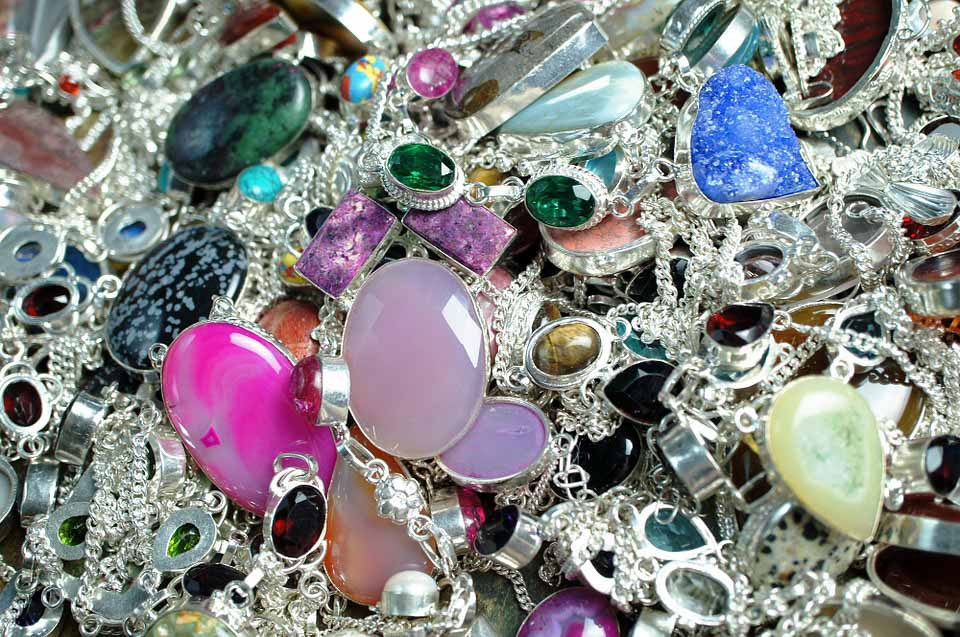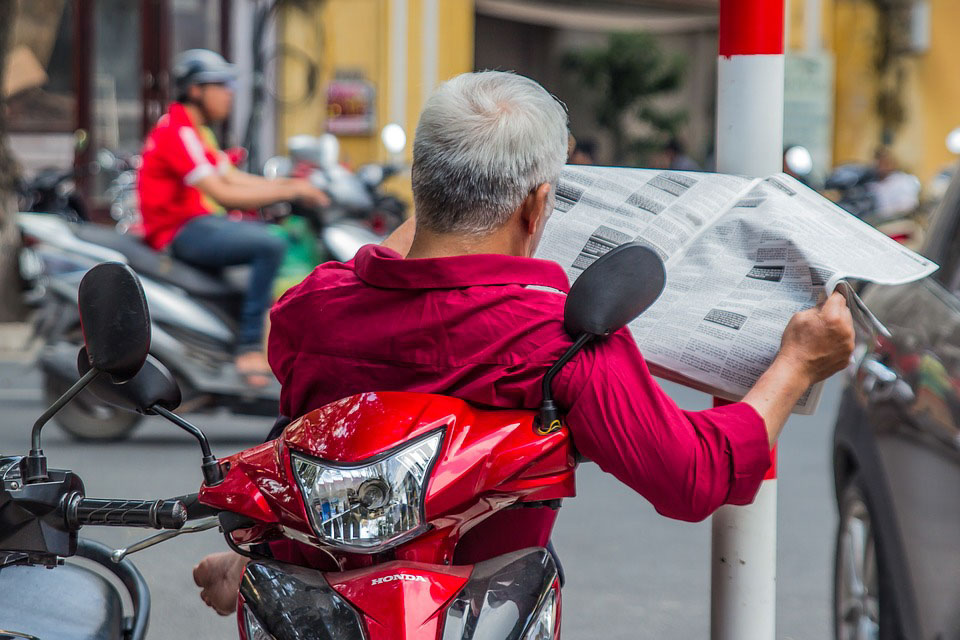Some of our links are affiliated, we will earn a commission when you buy a service or product. This will have no extra cost for you. For further info please refer to our Privacy Policy
Anywhere you go, there will always be people who would try to take advantage of foreign travelers. Unsuspecting tourists easily fall into shady people’s traps and end up getting scammed. Protect yourself from getting ripped off by outsmarting scammers, and the first crucial step is to be aware of the common travel scams and ways to avoid them.
1. Photographer Travel Scam

This type of travel scam isn’t hard to detect, yet many travelers still fall for it. There are unscrupulous people who are always on the lookout for some quality cameras that they can steal without using any force.
How it works: The scammer will volunteer to take a photo of your group, and after a couple of shots, he will ask you to think of creative poses. As soon as you have finished huddling with your group, the nice local is already gone with your precious camera.
How to avoid it: It’s best to take group photos with a tripod (make sure to place it somewhere safe and stable while shooting), so you won’t have to entrust your camera to a stranger. Also, avoid shooting in an overcrowded spot that makes it easy for thieves to blend in with the crowd. An extra care is to buy a good camera backpack for travel, so you always have your equipment safe.
2. Fake Tickets or Passes Travel Scam
How it works: When I was strolling in a mall in Hong Kong, I came across someone who’s selling Disneyland tickets for half the original price. I bought one, thinking that I had saved myself from the trouble of lining up. And when I arrived at Disneyland, the attendant asked me if I bought my ticket from one of the verified resellers. Only then did I realize I was scammed! I ended up queuing for a valid ticket with the regular price and throwing away the fake one.
How to avoid it: Always purchase tickets and passes online in advance or look for verified resellers. Sometimes, getting online tickets is much cheaper than buying on the spot. We use the GetYourGuide website to buy skip-the-line tickets and book guided tours worldwide.
3. Jewelry Travel Scam

How it works: A well-dressed local who speaks good English will trick you into buying gems that you can sell back home for double the prices of the items he’s selling to you. After you’ve bought from the seller, he’ll give you a receipt or proof of purchase and a certification that says the gems you just bought are authentic. However, chances are good that those gems are all fake, as well as the certification and the receipt from the seller. If you paid him $200 for that, those gems are probably worth less than $10.
How to avoid it: Trust your instincts. If you think the deal or offer is too good to be true, it probably is. Politely decline and walk away immediately.
For more travel safety tips read:
4. Fake Fortune Tellers Scam

How it works: On the streets of Thailand, someone might approach you, saying she can read your palm. Intrigued by the prospect of knowing your future, you’ll say yes. The fortune teller will then tell you what she reads on your palm. After telling you a bunch of positive and negative “predictions,” you’ll end up paying her much, without knowing that you’ve been deceived.
How to avoid it: “Fortune tellers” are con artists who are good in conversing and generalizing things, like predicting your future. The best way to avoid them is to simply say no and walk away.
Travel Advice:
Don’t forget your Travel Insurance! You don’t want anything to ruin your trip, right? So don’t take the risk! Reliable travel insurance can help you in case of travel issues, from accidents to health problems, travel delays, and lost luggage.
There are many insurances in the market, our picks are HeyMondo and SafetyWing. We used both and always had a good experience. Click on the insurance names to get a quote.
5. Taxi Scam

How it works: Before dropping you off at your destination, the driver tells you his meter is broken, so you’ll have no choice but to pay an overpriced flat rate since you don’t know how to navigate around the place.
How to avoid it: Before you board a taxi, check the meter first. If it isn’t broken, go on and hop in. Also, plan your trip in advance and research on how to use public transportation abroad to find safer and cheaper means to go from one place to another.
6. Liquid Spills Travel Scam
How it works: Walking along a sidewalk, you’re caught by surprise when a man holding a drink suddenly goes your way and trips over, spilling the drink on your shirt. Before you know it, the scammer’s accomplices have already stolen your wallet and other valuables. This is a common scam in countries in South America. If you are traveling there, check these two articles: Is it safe to travel to Mexico City?, and Is Colombia safe for travelers?
How to avoid it: This trick is a perfect way to distract the potential victim and divert his attention by keeping him preoccupied with the spilled liquid. If you get caught in such a situation, it’s best to refuse the offer to wipe the stain off your clothes and go somewhere that’s not crowded to check all your valuables and clean yourself up.
7. Motorbike Scam

How it works: When I was in the Philippines, I rented a motorbike that had a dent on the left side. I assumed that the owner knew about it already, so I just let it pass. When I returned it, the owner insisted on charging me for the damage.
How to avoid it: Take a picture of the motorbike or anything that you’ll be renting and inform the owner about any damage, so when he charges an extra fee for the damaged item after you’ve used it, you have proof that it isn’t your fault.
8. Freebie Scam

How it works: While walking the streets of Macau, I stumbled upon a group of teenagers giving away free rosaries. Thinking it would make for a good keepsake, I asked for one. I was caught off guard when they asked me to leave a little donation. I gave a small amount, and when I was about to leave, they asked if I could donate more. Feeling paranoid that they might do something bad to me, I gave them $5 and left.
How to avoid it: Remember that even the smallest piece of souvenir comes with a price. If something is offered to you for free, refuse it because chances are, you’ll be asked to shell out more money for donations or whatever purpose.
Traveling safely entails awareness of potential dangers (including travel scams) and going with your gut. If your instinct tells you something is probably a scam, move forward and walk away.
Here are a few safety guides we wrote about destinations worldwide, have a read if you planning to travel to one of them.
Safe Travels!



